I have an application integrated with Google services (Google Bigquery API to be specific.)
I am authenticating the user on the client side, without offline access scopes (hence without refresh tokens), and doing most of the operations on the client side. But there are some operations I want to do on the server side (still on the authenticated user's behalf.)
Currently, I am passing access tokens to the server side (over https), initializing Google libraries on the server side with this token, and doing the operations there.
The documentations I've found on Google regarding this are either using authentication on the server side, with refresh tokens or completely on the client side. Could not find a documentation suggesting best practices for this mixed case.
In short, what I want to do is, using short lived access tokens acquired on the client side on the backend.
Are there any security risks with this approach? And regardless of that, is this the suggested way of doing what I want?

